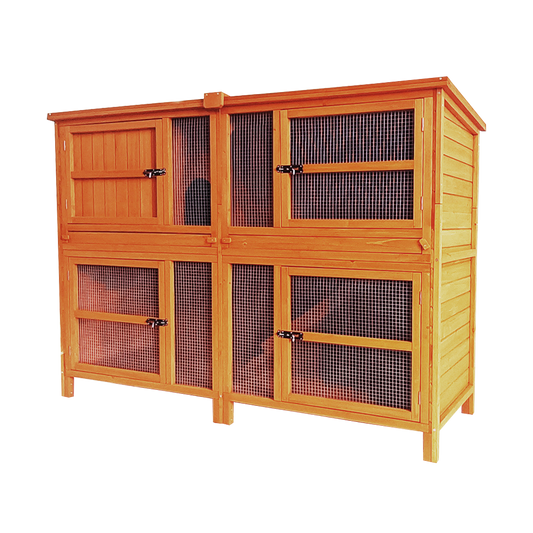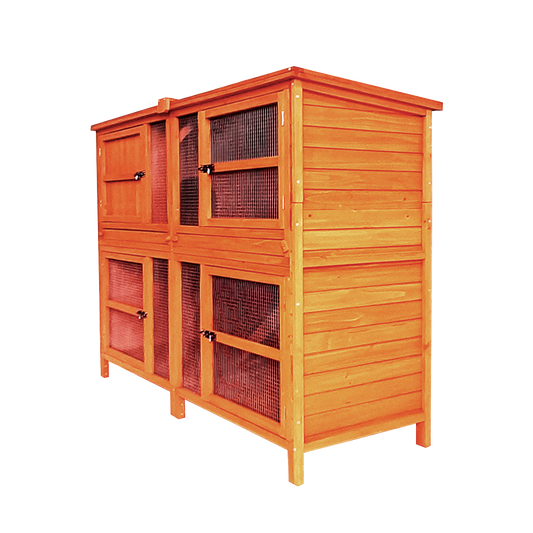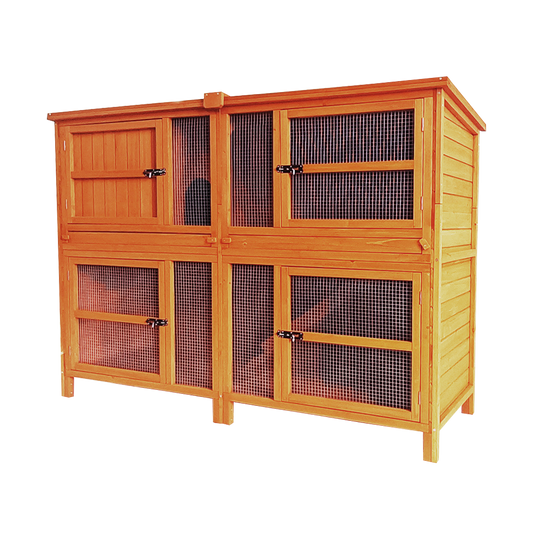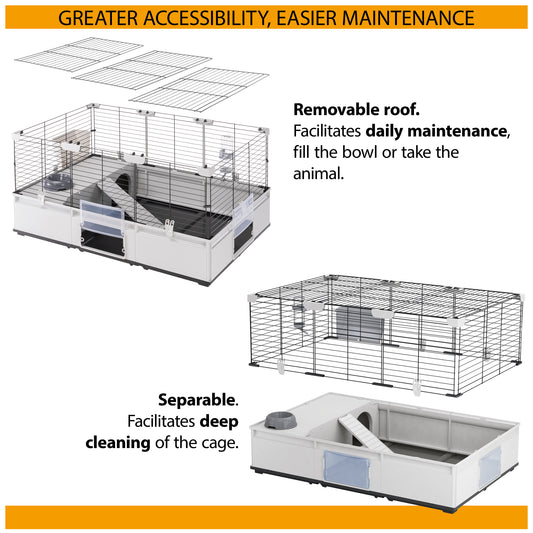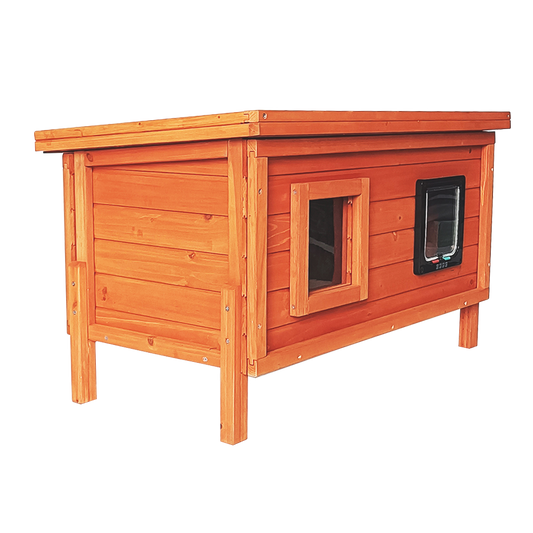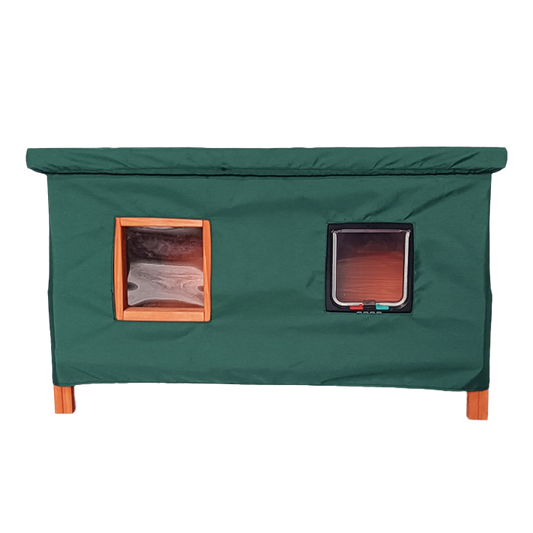Our guide to adopting a new dog
In the UK there are thousands of unwanted dogs who are desperate for a second chance in a loving home. If you’re considering adding a dog to your family, it can be immensely rewarding to go down the adoption route. Dogs, like people, are all unique and finding the right rescue dog can be a bit like finding the right partner. Don’t rush into a relationship before making sure you are a good match for each other.
What are you looking for?
Before you start swiping through photos of potential pets, take a moment to ask yourself what you really want from a dog and what sort of home you can offer them. Be honest – do you have enough time and energy to devote to a dog, as well as enough money for the necessary expenses, such as food and vet bills?
Rehoming staff at rescue centres will ask you lots of questions to determine which dog might best fit into your life and home, so be prepared with answers to the following:
- Why do you want a dog?
- Have you owned dogs before?
- What is your home like and how big is it?
- Do you have a secure, fenced garden?
- Who is living in your home? If you have children, how old are they and do they have previous experience of dogs? Are there any children that visit regularly?
- How long would a dog be left at home alone? Do you go out to work?
- How much exercise would you be able to give a dog? Do you have any mobility issues?
- How much time could you dedicate to training?
- Would a dog that needs a lot of grooming be a problem?
- Are there any breeds you particularly like/dislike?
- Do you have a preference on age or sex of dog?
Rescue centres are full of dogs of all types, sizes, and ages but it is important to keep an open mind when looking at potential matches and take the advice of staff who are experts at matchmaking. In rescue centres you’ll find unplanned litters of puppies, young dogs whose owners were unable to give them the time and exercise they needed, much-loved family pets who had to be given up due to sad changes of circumstance, and golden oldies who had to be parted from elderly owners. For more experienced dog owners there are dogs who have faced unbelievable cruelty and are in need of very special homes, and working dogs who need more than a normal home can provide.
Where to look for a dog
Animal rescue organisations are experts at assessing the needs of the dogs in their care and matching them to the most appropriate owners. They should also know something of each dog’s background, which will indicate what sort of home they would be best suited to. Rescue centres also ensure that dogs are vet-checked, vaccinated and microchipped prior to being placed in new homes and will offer support and advice for the life of an animal.
Some of the big national rehoming charities you may already be aware of include Dogs Trust, the RSPCA, Blue Cross and PDSA, but there are also much smaller independent rescues dotted around the country. Each breed registered with the Kennel Club has its own breed-specific rescue too so if your heart is set on something special visit www.thekennelclub.org.uk to find rescue contacts.
It can take a while to find the perfect pet but it’s always worth the wait. If you are looking for a puppy you may need to wait longer as they tend to be more in demand than older dogs. The blank canvas you get with a new puppy is very appealing to many – especially families with young children – but opting for an older dog can have its benefits too. Not all dogs will have been badly treated and you could end up with a ready-trained, sociable and happy older dog who found themselves being given up for adoption through no fault of their own.
When you find a dog
When you’ve found a potential match, rescue staff will set up a meeting so that you can spend time with your chosen dog. Everyone who is going to be living with the new dog will need to attend to make sure everyone is happy, including any other dogs that currently live in your home.
This is your opportunity to ask staff at the rescue centre as many questions as possible about the dog’s character, their background, likes and dislikes, and anything else they’ve learned about them since arriving. It is also important to ask if there are any behavioural or health issues that have been identified which could require special care.
It is usual for a rescue centre to require you to pass a home check before rehoming a dog to you. These checks are generally carried out by local volunteers and they will be checking that your home and garden are secure and suitable for your chosen dog. They can also help you identify any potential hazards in your home that should be addressed.
Bringing your dog home
When you’ve chosen your dog and the rescue centre agrees they are a good match, you can take your new best friend home. Make sure you have a safe way to transport them – either a dog crate or a special canine car seatbelt – and take someone with you if possible so one of you can drive while the other sits with the dog.
Be prepared with all the basics at home so that your new dog can begin to settle in straight away. This includes somewhere for them to sleep, food and water bowls, and a supply of food – preferably what they have been eating while in the rescue centre to avoid an upset stomach.
Whether you have rehomed a puppy or an older dog, it can take a while for them to make themselves at home. Imagine yourself in a similar situation, going off to a strange place with people you don’t know who don’t speak your language. Give your new dog time and, with gentle patience and consistency, they’ll soon settle in.
Making those first few days run smoothly
Before you bring your new dog home it is a good idea to agree on some ground rules with the rest of the family so that everyone knows what is expected. For example, are you going to let the dog go upstairs? Sleep in your bedroom? Only be allowed on one of the chairs in the sitting room? Whatever you decide, make sure everyone sticks to the rules from the start so your dog will not receive any mixed messages.
As soon as you arrive home, take your dog outside to the place that you’d like them to go to the toilet. Let them spend time sniffing around and if they relieve themselves give lots of praise and encouragement. Take your dog out frequently during the day to this same spot so that they soon learn where they are expected to go. Accidents in the home are common in the early days, even for dogs that have previously been housetrained. If this happens, just calmly clean up using an ammonia-free cleaner and never shout at your dog.
Give your new dog plenty of space and a cosy area they can call their own and sleep undisturbed. Wait until they come to you for affection and introduce visitors to the home gradually. It is understandable that friends and family will want to meet your new addition as soon as possible but let your dog settle in first so they don’t become overwhelmed by new faces.
If you have any concerns about your dog’s behaviour or how they are settling in, speak to the rescue centre as soon as possible. They will be happy to help so that your rehoming experience is a success and will find you living happily ever after.
Shop All Dog
If you enjoyed this article, have a look at:


